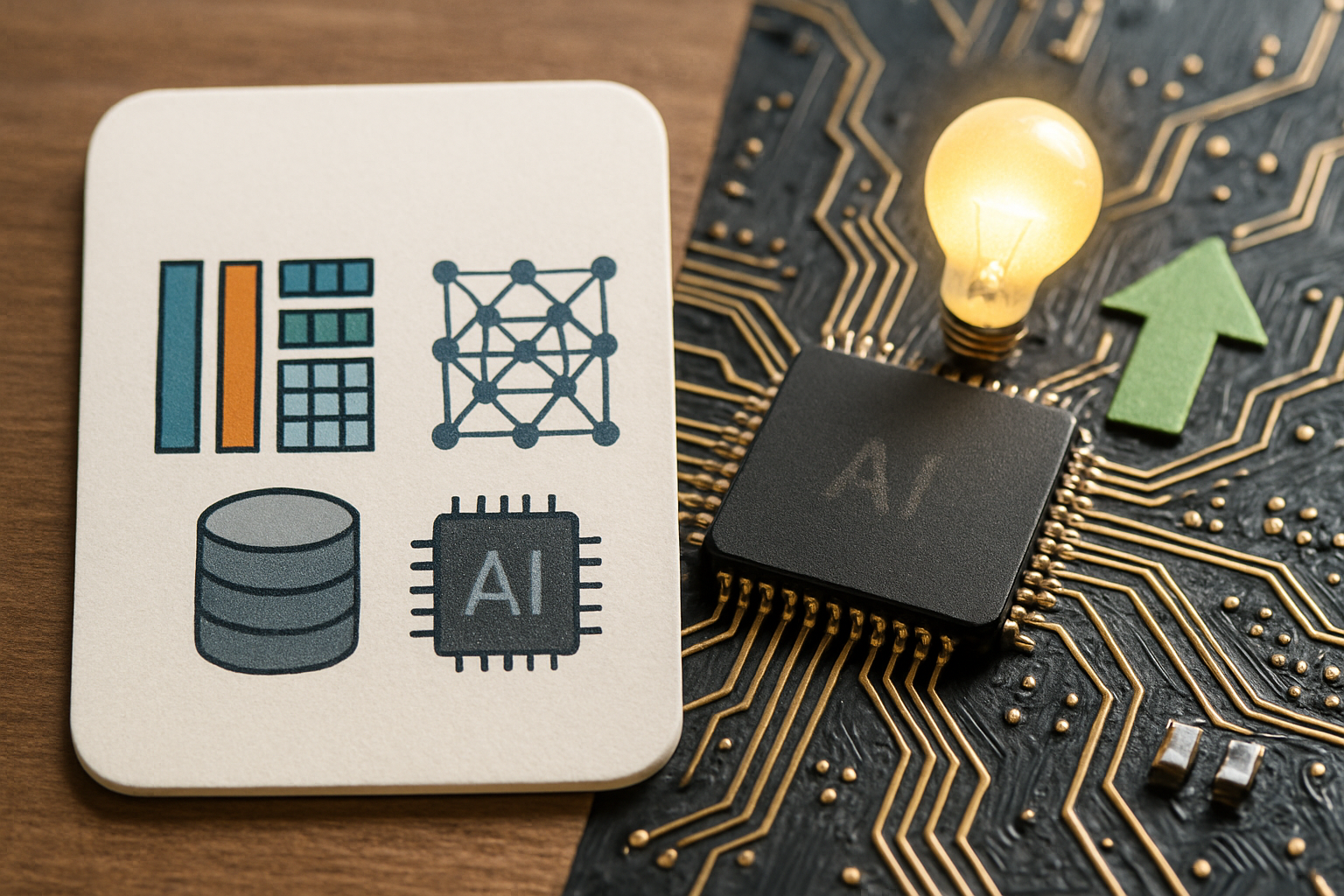Projects

Reliable and Scalable Quantum Computing
Students: Narges Alavisamani, Suhas Vittal
Quantum computing offers exponential speedups for certain key problems, but realizing this requires large-scale quantum systems. Quantum computers are highly error-prone, necessitating robust error correction methods. As computer architects, we address the system design challenges for scalability and reliability in quantum computing.

Memory Systems for AI
Students: Anish Saxena, Hritvik Taneja, Jae Hyung Ju
Contemporary AI models, such as Large Language Models (LLMs), dominate datacenter AI cycles but are limited by the GPU’s memory system. This GPU memory wall leads to high resource consumption, energy costs, and yet low efficiency. As system designers, we explore ways to tackle the GPU memory wall to improve the performance and energy efficiency of LLMs.

Efficient LLM Architectures
Students: Anish Saxena, Rya Sanovar
LLM operators, such as Mixture-of-Experts and self-attention, provide high quality output but require frequent data movement and high computation overhead. The inefficiency of these operators leads to increasing costs, while using alternatives impacts accuracy. As ML architects, we explore ways to retain high model quality while reducing the memory and compute costs of LLMs.